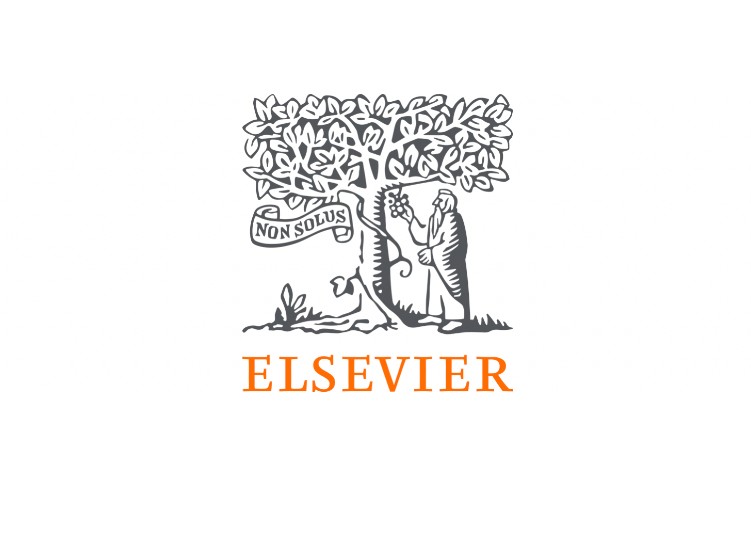Vaccine acceptance is a crucial public health issue, which has been exacerbated by the use of social media to spread content opposing vaccination. However, data from social media have also provided new insights into the drivers of vaccine acceptance. Beyond supplementing traditional measures of vaccine hesitancy, studies using data from Twitter (e.g., who found evidence that state-sponsored and pecuniary interests amplify online vaccine debates to promote discord and distribute spam and malware), Facebook (e.g., who found that polio vaccine refusal was associated with religious rationales), and Reddit (e.g., who found that misconceptions regarding HPV prophylaxis, but not sexual promiscuity, were spread in online communities) have shown that social media can provide new information regarding the dynamics of vaccine communication online, potentially affecting real-world vaccine uptake behaviors. China has the world’s largest population, with several cities among the world’s top population densities. Thus, disease outbreaks in China have the potential to affect billions of people. However, little is known of vaccine acceptance in China on the national level. The vast majority of the Chinese population is vaccinated: Cao et al. conducted a national level survey in China (4681 children from 32 counties) of the coverage of the Expanded Program on Immunization (EPI) vaccines. This study found that primary immunization coverage of original EPI vaccines was overall above 90% and the coverage of new vaccines integrated into EPI after 2008 was overall above 85%. However, such studies do not directly measure public attitudes towards vaccination.
Chinese social media suggest decreased vaccine acceptance in China: An observational study on Weibo following the 2018 Changchun Changsheng vaccine incident
March 17, 2020


